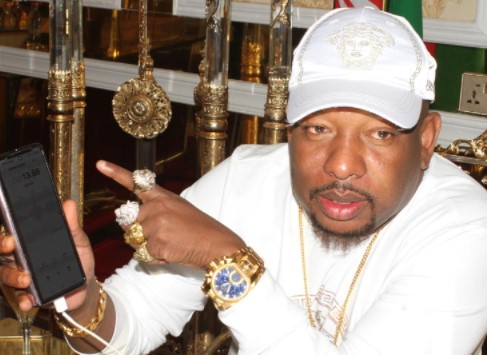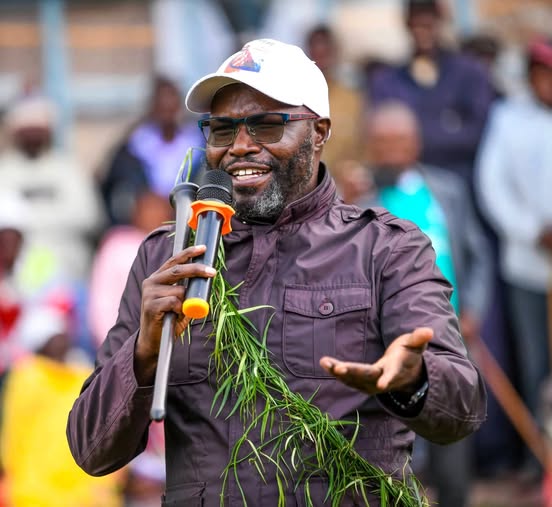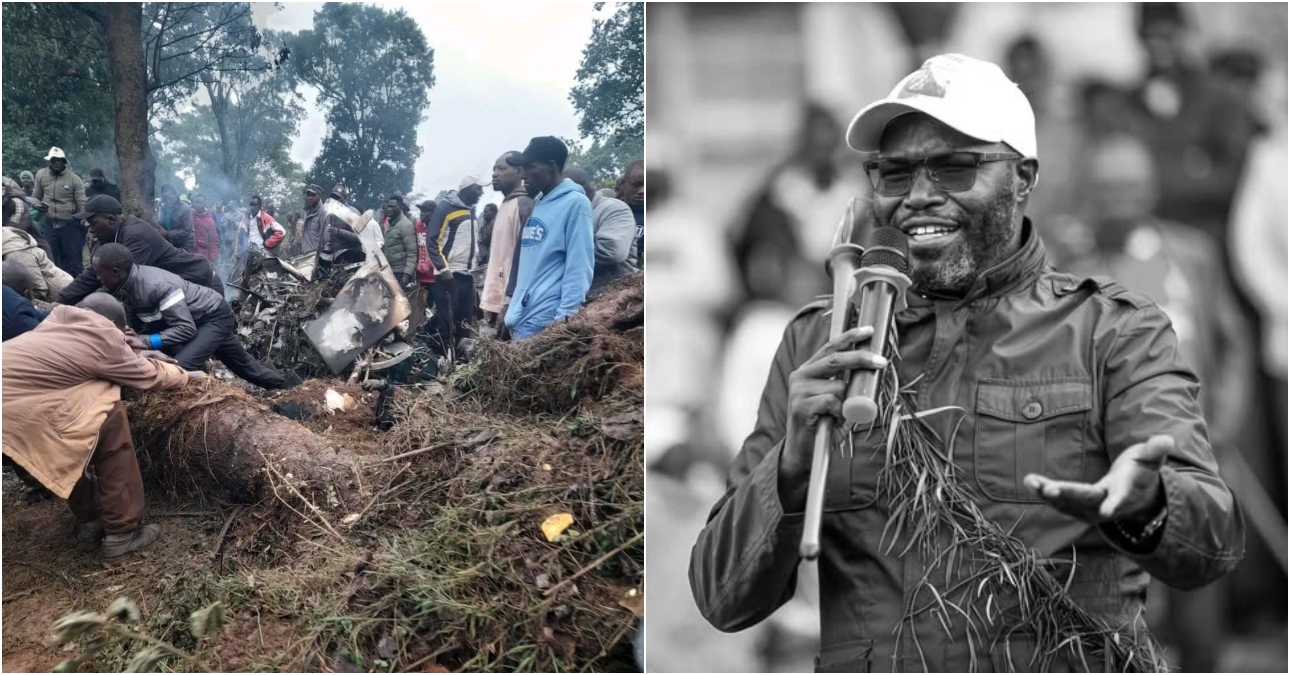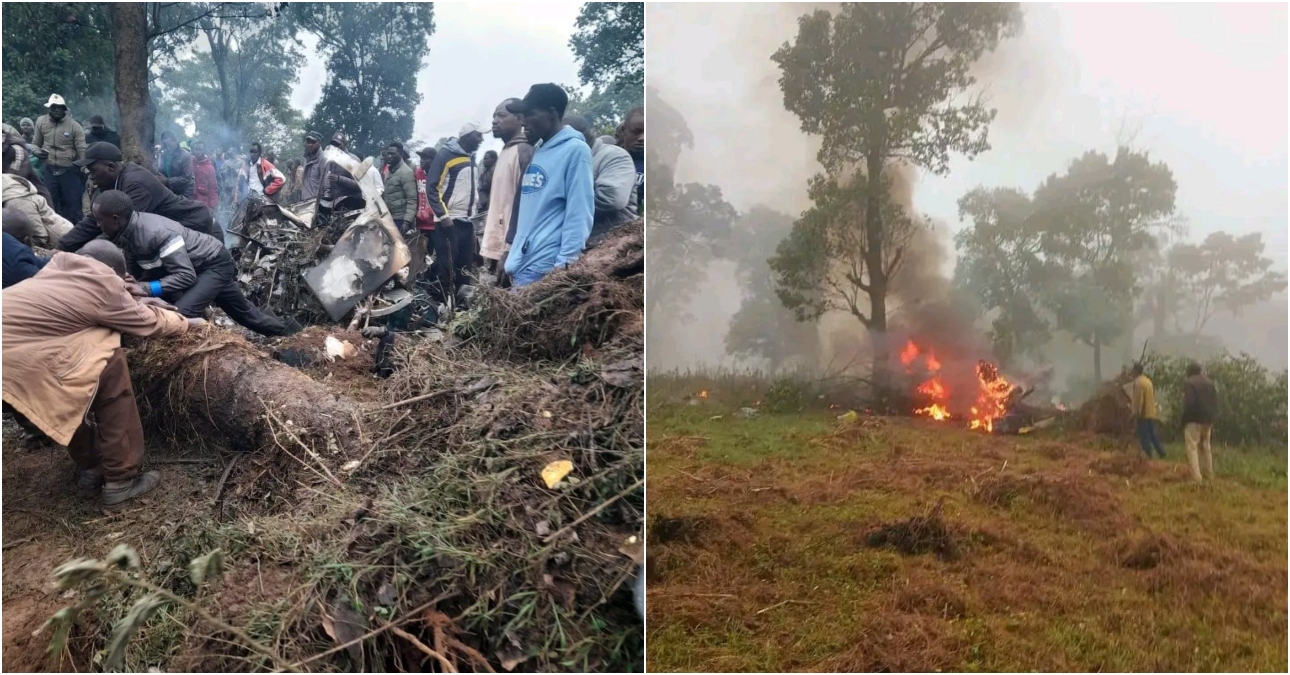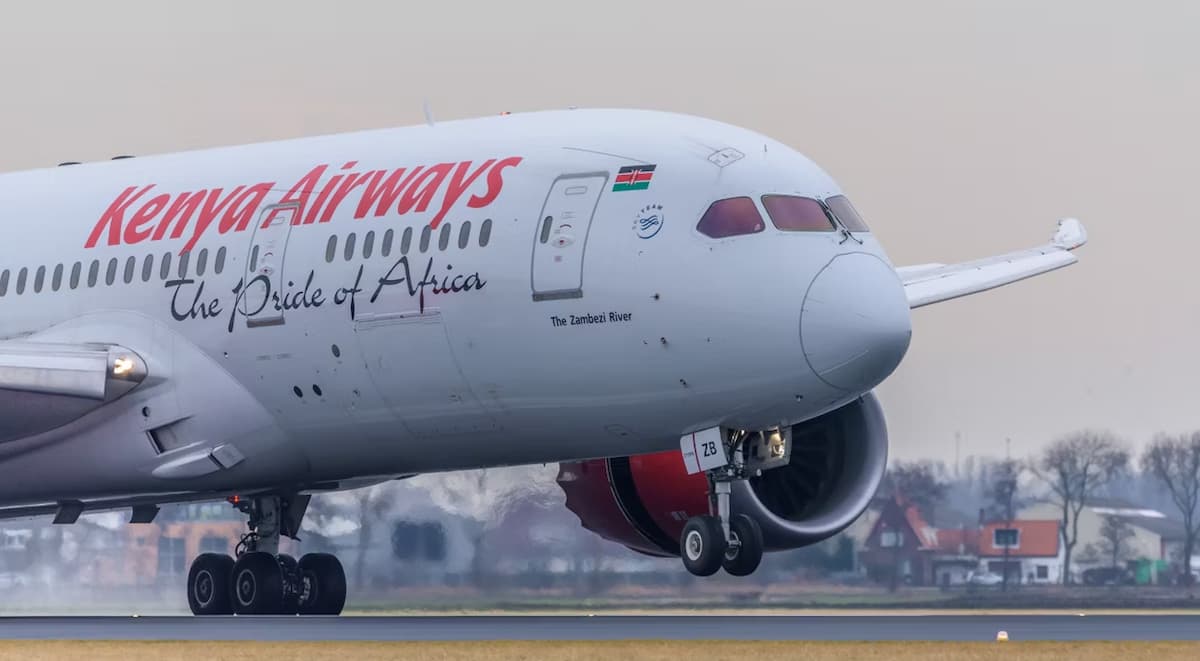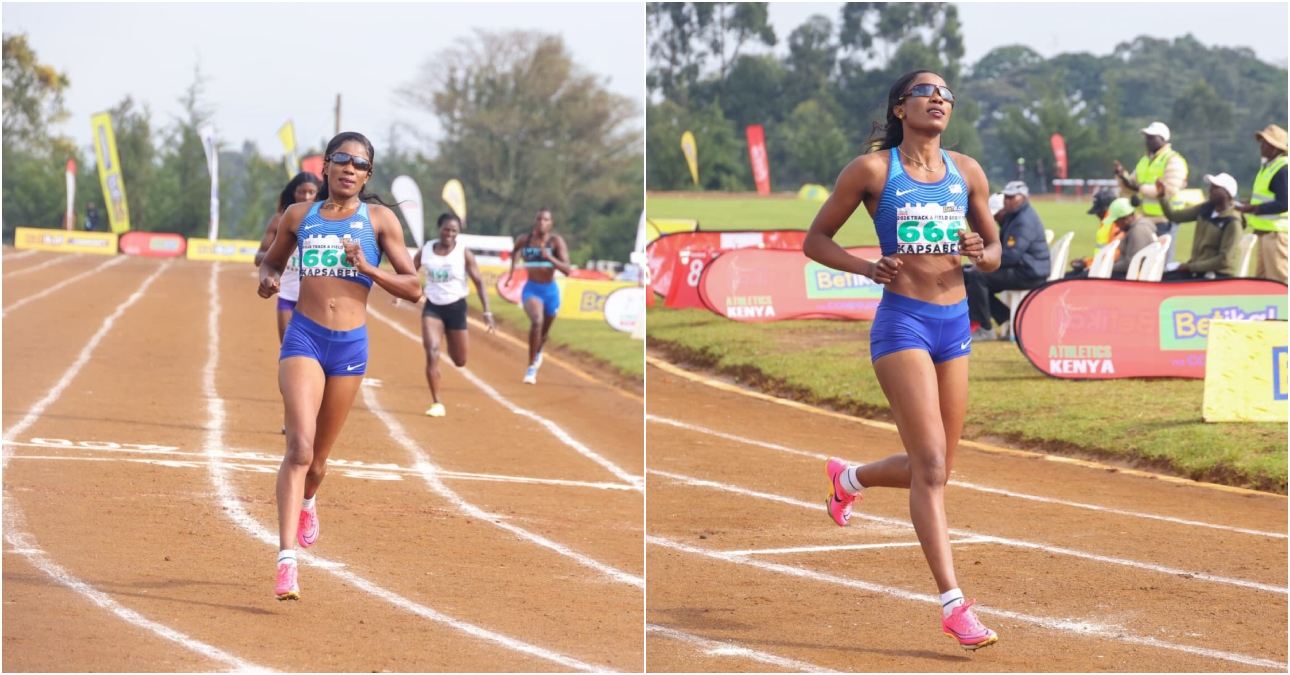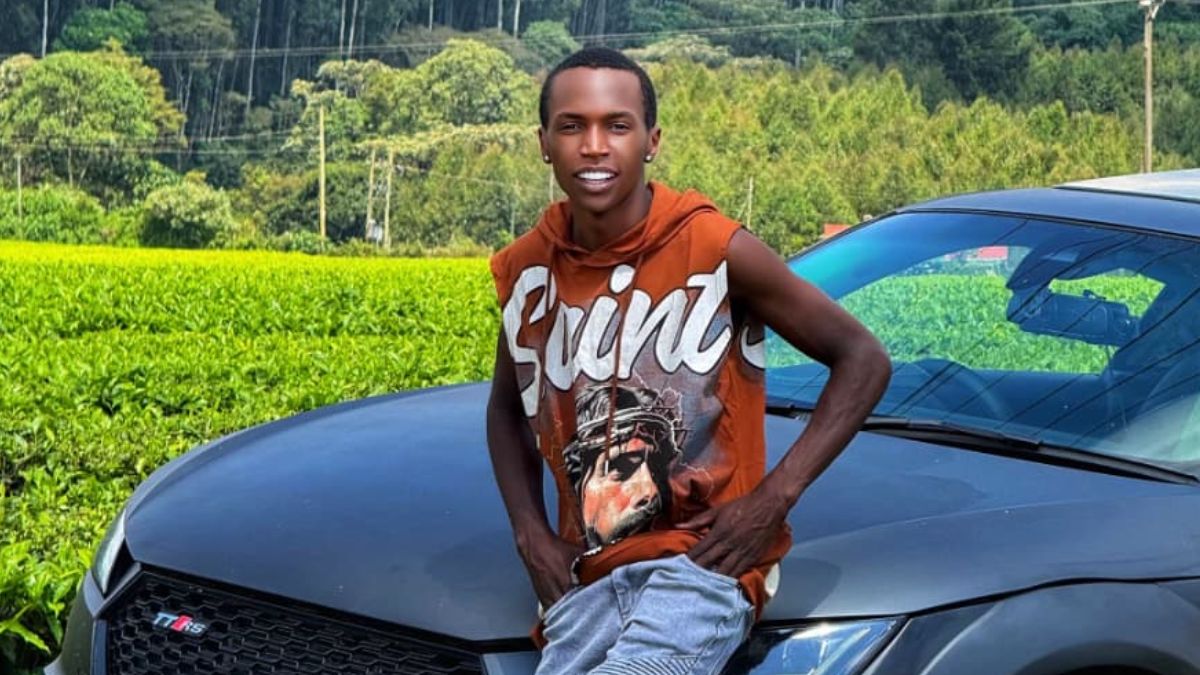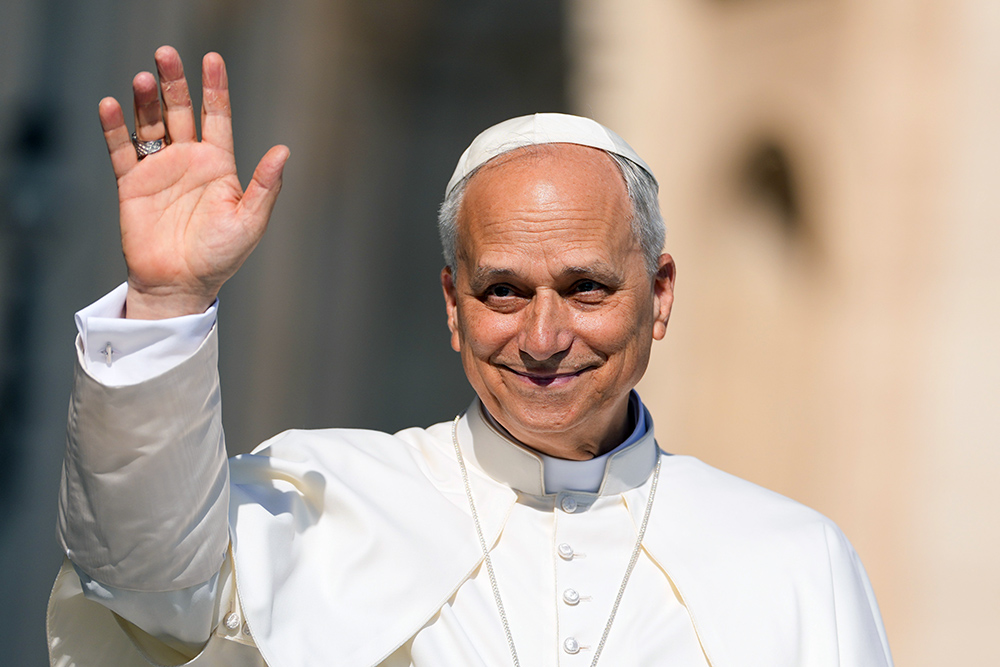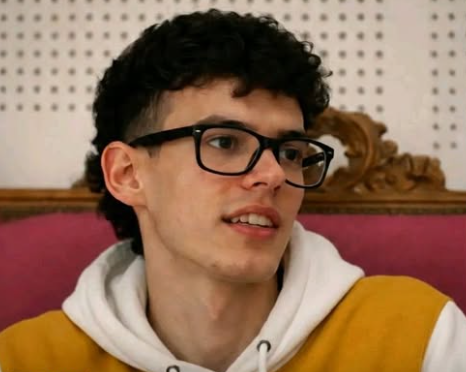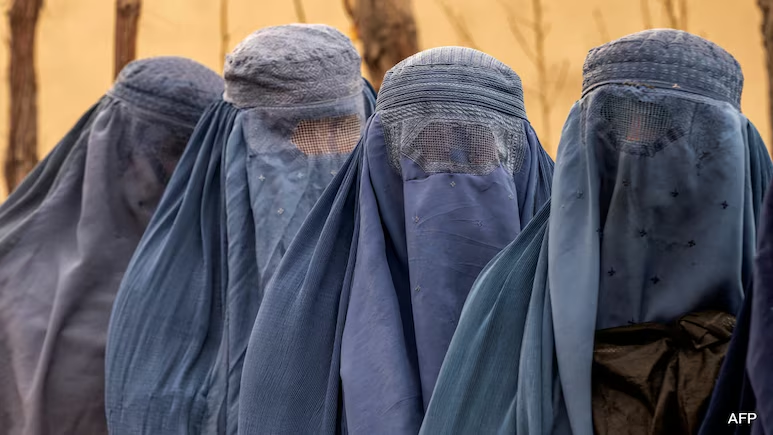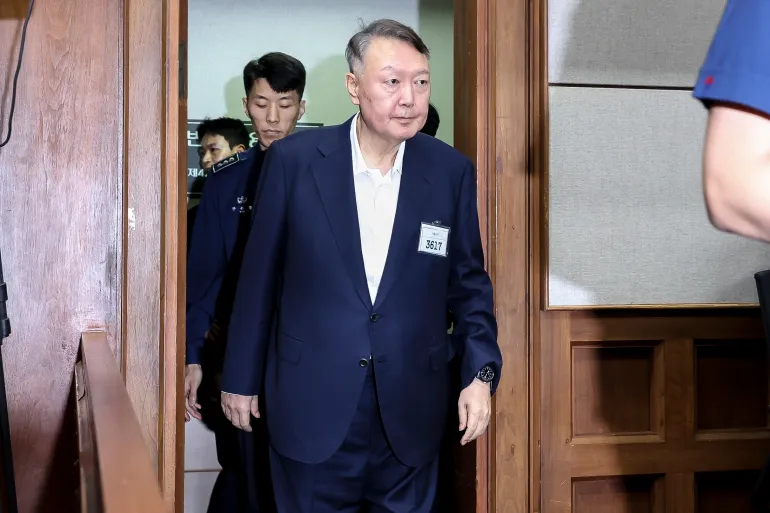Former Nairobi Governor Mike Mbuvi Sonko has formally demanded answers from the Judicial Service Commission (JSC) over what he describes as an “inexplicable” three-year silence on his petition seeking the removal of Chief Justice Martha Koome.
In a letter dated November 24, 2025 and addressed to the JSC Secretariat at Pension Towers, Sonko expresses frustration that the Commission has not issued any communication, update, directions, or hearing date since his petition was stamped and received on July 22, 2022.
Sonko says the complaint filed through Musyoki, Mogaka & Co. Advocates appears to have been abandoned without explanation. “More than three and a half years later, we have not received a response from the Commission,” he writes, attaching a copy of the acknowledged petition as proof.
He is now seeking clarity on whether the matter has been processed, dismissed, or scheduled for deliberation, urging the Commission to respond urgently.
The petition at the centre of the standoff was filed in 2022 at the height of Sonko’s legal battles following his impeachment. He asked the JSC to remove Chief Justice Koome for alleged gross misconduct, bias, and constitutional violations in the handling of his Supreme Court appeal.
In the petition filed on July 21, 2022, Sonko claimed the Chief Justice acted with bias, malice and incompetence, and conducted herself in a manner he described as unconstitutional, prejudicial, and incompatible with judicial office.
He further argued that the Supreme Court’s judgment which upheld his impeachment and locked him out of the 2022 Mombasa gubernatorial race was delivered after an unfair and rushed process that denied him adequate time to file submissions and amounted to what he called selective persecution by the apex court.
Sonko also accused Justice Koome of compromising judicial neutrality through remarks made during an interview on Spice FM, claiming the comments suggested she had already formed an opinion on his matter long before the Supreme Court delivered its decision.
He alleged that Koome misled his lawyers on the composition of the bench that would hear his appeal, declined to recuse herself despite what he termed an obvious conflict of interest, and issued administrative directions that, in his view, sabotaged his case.
Correspondence between Sonko’s lawyers and the Supreme Court further shows that on July 12, 2022, the Judiciary admitted to issuing incomplete directions in the matter.
In a letter addressed to Nyamu & Nyamu Advocates, the Registrar acknowledged that, due to an “inadvertent mistake,” the court had failed to give directions on the Petitioner’s filing of submissions and apologised for the oversight. Additional directions were enclosed for compliance.
However, just a day later on July 13, 2022 the same Supreme Court invited Sonko and his legal team for a hearing set for July 14, 2022. Sonko says he received the notice while in Mombasa, where he was attending the ruling of a three-judge High Court bench that had just cleared him to vie for the Mombasa governorship. Following that decision, the IEBC had officially cleared him to contest.
Sonko now argues that the Supreme Court “hurriedly” fixed his hearing for July 14 barely a day after the High Court ruling specifically to determine the validity of his impeachment.
He says neither he nor other parties were given time to file submissions or participate in selecting a proper hearing date, noting that his legal team was still in Mombasa.
“What was the hurry for?” he asks. “The High Court had just ruled that I should be allowed to vie since I had not exhausted my appeal options. Then on the same day, the Supreme Court fixed the next day to determine my case. Who was pushing them? Why were they in such a rush? We were never given a chance to file submissions.”
After the Supreme Court upheld his impeachment effectively locking him out of the Mombasa race even after IEBC clearance Sonko moved to the East African Court of Justice (EACJ). The regional court later faulted Kenya’s Supreme Court for procedural violations in his impeachment proceedings, raising serious questions about judicial fairness and compliance with the rule of law.
In its ruling, the EACJ found merit in Sonko’s claim that his impeachment process violated his right to a fair trial, citing possible breaches of Article 25 of the Kenyan Constitution and Articles 6 and 7 of the East African Community Treaty, which emphasise justice, good governance and the rule of law.
Although the EACJ did not overturn the Supreme Court’s decision, it sharply criticised the procedural flaws that undermined the credibility of the impeachment. The court noted that permanently barring Sonko from holding public office inflicted irreparable harm on his political career and reputation, stressing that such a penalty demanded unquestionable fairness.
With the EACJ’s findings now on record, Sonko is seeking a review of his case and is pressing the Judicial Service Commission to act on his long-pending petition against Chief Justice Koome after what he calls three years of unexplained silence from the Commission.


